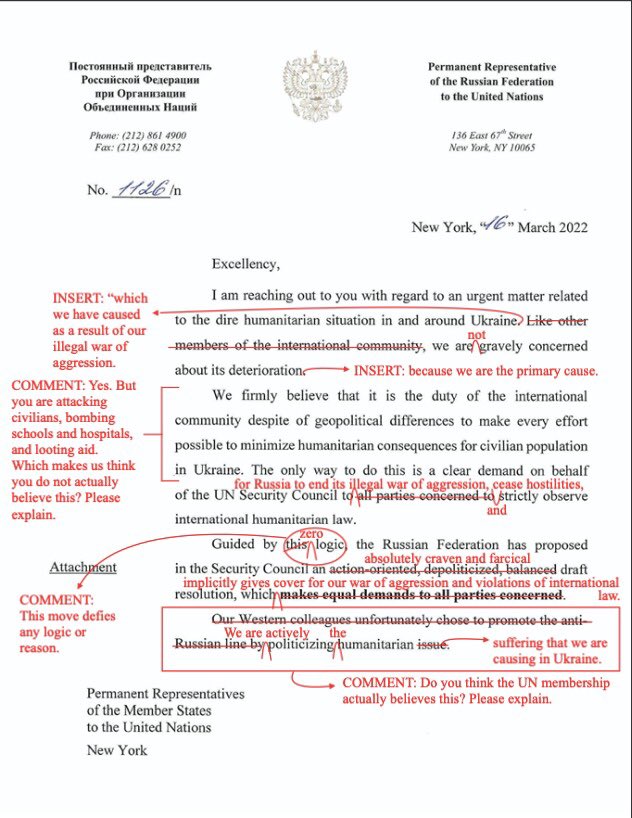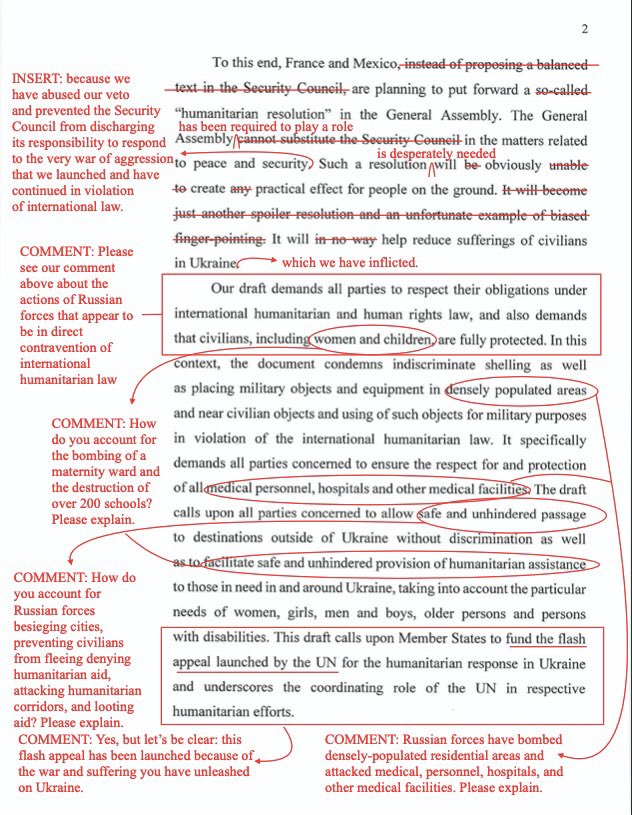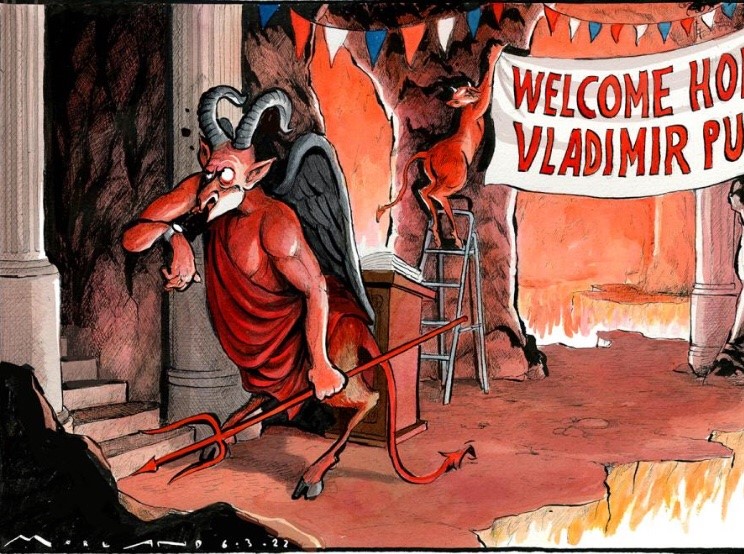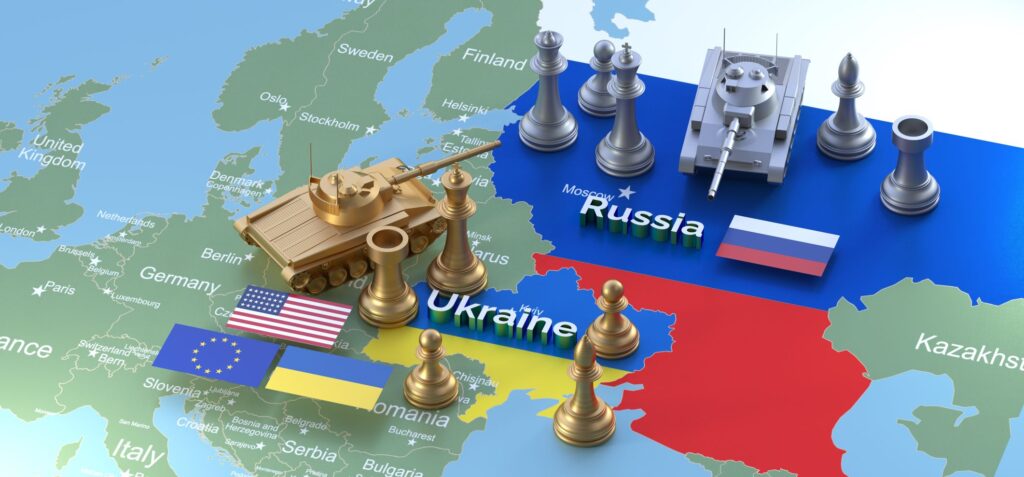March 21, 2022
What if I’m Wrong, Part 2
As mentioned in my previous article, war changes the decision analytics of international relations by hardening the warring parties’ goals and attitudes to the point where the outcome becomes a matter of personal and national pride rather than strategic. Vladimir Putin’s recent speech recounted in this article is a frightening example. To him, the war in Ukraine is now a two-front war, the most critical to Putin being his war at home against Russian opposition and to establish his totalitarian rule. He now may believe he must win both wars to survive and so cannot accept anything other than Ukraine’s surrender or destruction. It also means that, to the extent Western sanctions threaten that survival, he will do whatever is necessary to weaken them. Even more dangerous days may be coming.
https://www.nbcnews.com/news/world/scum-traitors-pressure-ukraine-putin-turns-ire-russians-rcna20410
A Summary of the Course of the War till Now
This interactive history of the Russian invasion prepared by the British Royal United Services Institute for the Financial Times newspaper an excellent history of the war up to now. As the final slide says, Russian forces have reached a culmination of a phase of the war that frankly has failed to achieve its original objectives. Based on the vicious siege of Mariupol, the second stage will follow the traditional Russian tactics of using artillery and aerial bombardment of cities to break the will of Ukrainians. The images will be even more horrendous before this is over.
How Russia’s mistakes and Ukrainian resistance altered Putin’s war (ft.com)
O, Canada!
It is hard to find anything amusing about this subject, but our friends to the north may have provided one. The Russian delegation to the United Nations had the audacity to circulate a proposed resolution urging the “parties” to the conflict to support humanitarian efforts in Ukraine. The Canadian delegation returned it with the attached comments and corrections to highlight its absurdity. If you’re a fan of dry British humor, you’ll enjoy it.
P.S. A copy was sent to all other UN delegations. The Ukrainian delegation responded with “Accept all changes”.





